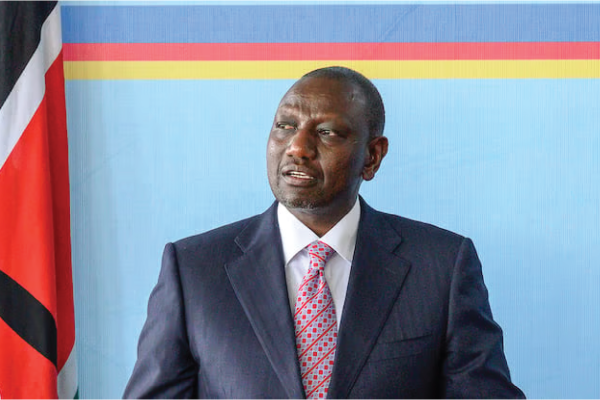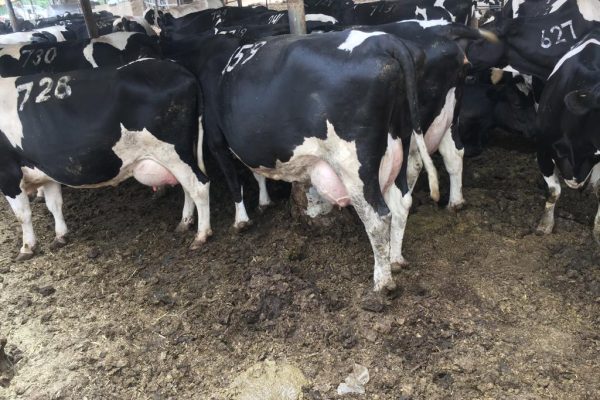
AG Muturi Warns KRA Boss Against Housing Levy Deduction
AG Muturi Warns KRA Boss Against Housing Levy Deduction – In a recent turn of events, Attorney General Justin Muturi issued a stern warning to KRA boss Humphrey Wattanga concerning the implementation of the Housing Levy. This caution comes on the heels of a court ruling that invalidated the levy, citing a lack of legal basis for its deduction. Furthermore, the Government should follow court’s orders. Legal Implications The legal implications of this ruling unveiled a significant challenge for the government’s plans. Nevertheless, Muturi emphasized that the court’s decision renders the deduction of the Housing Levy legally untenable, marking a crucial setback for President Ruto’s ambitious economic strategies. President Ruto President Ruto had positioned the Housing Levy as a key strategy to stimulate economic growth by creating jobs and improving housing affordability for Kenyans. However, the court’s decision has thrown this initiative into uncertainty, leaving the government at a crossroads. The Housing Levy, which was envisioned as a financing mechanism for job creation and affordable housing, now faces a legal void. This raises questions about the future trajectory of the government’s economic strategies and the potential need for adjustments to align with the legal landscape. The warning from the Attorney General comes at a critical juncture, introducing a new layer of complexity to the issue. With the legal foundation of the Housing Levy in question, the government must navigate a delicate balance between economic aspirations and legal constraints. One of the key concerns arising from the potential non-implementation of the levy is the prospect of a cabinet reshuffle. President Ruto, committed to his job creation agenda, may find it necessary to reassess his cabinet if the levy’s execution faces further obstacles. In addition, the clash between legalities and political aspirations introduces a complex dynamic, shaping the narrative of President Ruto’s initiatives. Conclusion In conclusion, the legal turmoil surrounding the Housing Levy raises crucial questions about the government’s ability to implement its economic strategies. The intersection of legal challenges and political ramifications creates a challenging landscape that requires careful navigation. Lastly, the outcome of this legal battle will undoubtedly have lasting implications for housing development and job creation in Kenya. Contact TrendBlend Hub Today.





